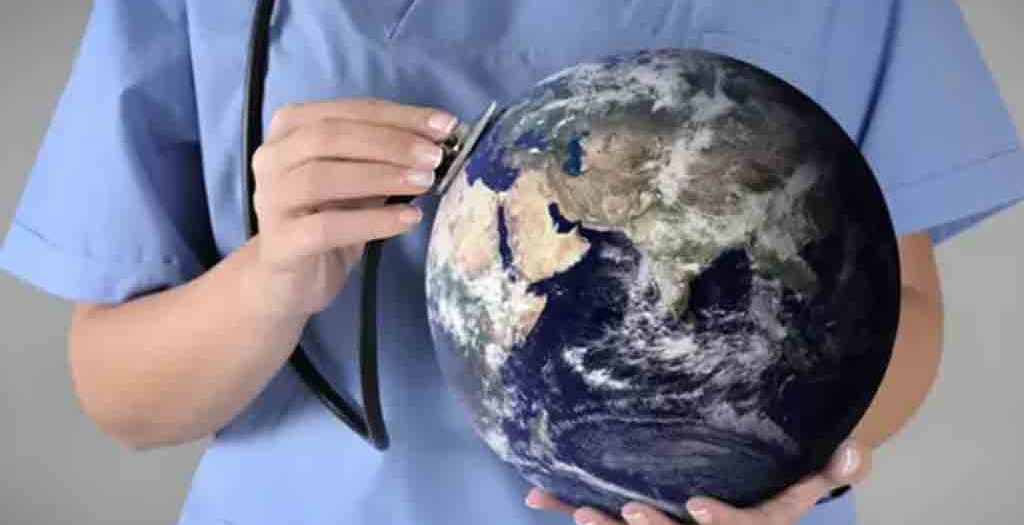A multi-institution report coordinated by the WMO warned that as the world warms at a faster rate than at any time on record, human health is on the front line.
Research on the state of climate services focuses this year on health and specified that scientific knowledge and resources can help restore balance, but are not sufficiently accessible or used.
He also highlighted the need to have information and adapted mechanisms to support the health sector in the face of the increase in extreme weather events and poor air quality, variations in patterns of infectious diseases and food and water insecurity.
Virtually the entire planet has experienced heat waves this year, the appearance of El Niño greatly increases the probability that temperature records will continue to be broken, causing more extreme heat in many parts of the world and in the ocean, so the challenge is even greater,” said WMO Secretary-General Petteri Taalas.
In his opinion, investment and collaboration have enormous potential to go further and faster to boost the effects of science and climate services, so that the health sector receives the necessary support at a time when Unprecedented climate changes are having a growing impact.
The WMO document summarized case studies from around the world that show how integrated action on climate and health makes a real difference to people’s daily lives.
It involves activating early warning systems for extreme heat, pollen monitoring to help allergy sufferers, and satellite surveillance for climate-sensitive diseases.
In this regard, the director general of the World Health Organization, Tedros Adhanom Ghebreyesus, said that the climate crisis is also a health crisis by driving more serious and unpredictable weather phenomena, which lead to epidemic outbreaks and contribute to the increase in rates of non-communicable diseases. “By working together to make high-quality climate services more accessible to the health sector, we can help protect the health and well-being of people facing the dangers of climate change,” he said.
Almost three quarters of the National Meteorological and Hydrological Services provide climate data to the health sector, but its use is limited, since less than a quarter of the Ministries of Health have a surveillance system that uses meteorological information to monitor risks. for climate-sensitive health.
 Escambray ENGLISH EDITION
Escambray ENGLISH EDITION





Escambray reserves the right to publish comments.